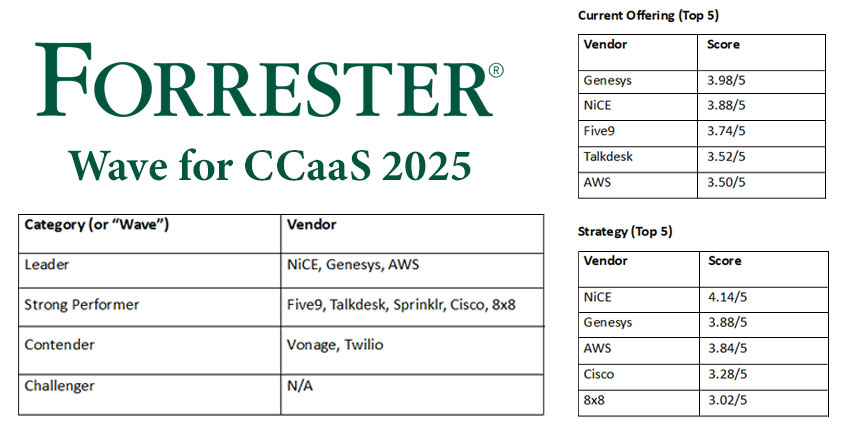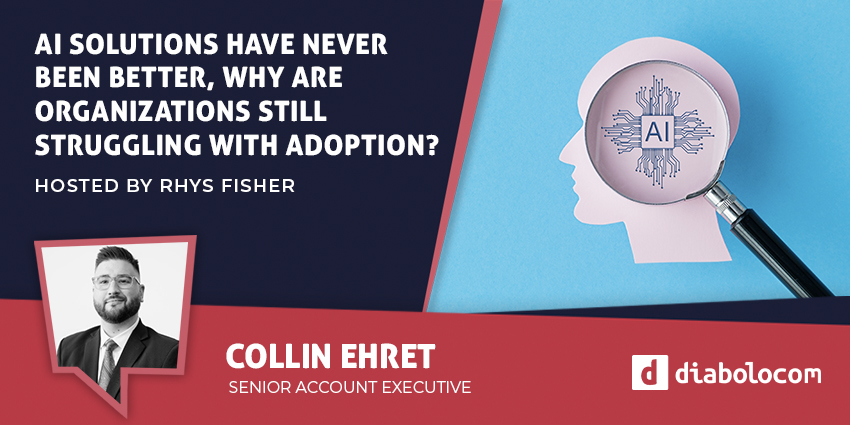Zendesk’s 2022 CX Trends Report reveals customer expectations of contact centres are reaching new highs. Unfortunately, service functions are struggling to keep up.
Indeed, 48% of UK consumers say that their customer service expectations have increased over the past year. A further 44% would switch to a competitor after just one bad experience.
Consequently, it is easy to assume that evolving the customer service proposition would sit at the top of many businesses’ wish lists. Yet, such a trend appears to be amiss.
Revealing statistics – such as 48% of customers believe that service is just a mere afterthought of most businesses – perhaps suggest a lack of investment in the service function.
As such, a gap between consumer expectations and company actions emerges.
Commenting on the status quo, Matthias Göhler, EMEA Chief Technology Officer at Zendesk, says:
Customers are noticing this gap, and they’re making purchase decisions based on the service they receive. That is perhaps the clearest signal that rapid change is needed at companies.
These findings arise at a time when the role of the traditional contact centre manager is changing. Many businesses have even given managers “customer experience” job titles in the hope of reconnecting the service function with the broader CX strategy.
As such, contact centres are engaging in many new initiatives. These include kickstarting root-cause analysis programmes, expanding the digital channel mix, and building automation strategies.
Projects of this ilk are often highly beneficial to broader CX. Yet, there are only a certain number of hours in the day. Busy contact centre leaders seem to be struggling to balance their contribution to CX development while improving operational performance.
The notion that many customers view service as an “afterthought” adds momentum to this idea. Yet, it also indicates that many companies must reimagine their perceptions of contact centres.
After all, two-thirds of consumers worldwide (70%) make purchase decisions based on the quality of customer service they receive. Over half (57%) also estimate that customer service positively impacts business growth.
However, these findings seem to conflict with the views of many business leaders. Perhaps this is most evident in that only 54% of UK-based companies have a three-year strategic plan for customer service.
If such views fail to evolve, the gap that Göhler references – between consumer expectations and company actions – will only grow.
Further Fascinating Findings from Zendesk’s Report
The Zendesk study uncovers many more interesting statistics regarding the current state of CX. Standout findings include:
- Customer engagement in the UK has risen by 12% from the previous year (higher than the 11% global uptick).
- Nine out of ten consumers (90%) globally say they are willing to spend more with companies who personalise the customer service experience.
- 84% of UK consumers say they are willing to spend more to buy from companies that offer a chance to find answers to their queries themselves.
- Almost half of consumers believe that helpful and empathetic agents are what matters most in resolving customer service issues.
- 74% of business leaders say the ROI of their company’s spend on customer service over the past 12 months has been positive. However, only 30% strongly agree that customer service spending has kept pace with company growth.
Zendesk’s 2022 CX Trends Report culminates the responses of 3,511 consumers and 4,670 customer service leaders, agents, and technology buyers.
Situated in 21 countries, participants work with organisations of all shapes and sizes, from small businesses to large enterprises.







